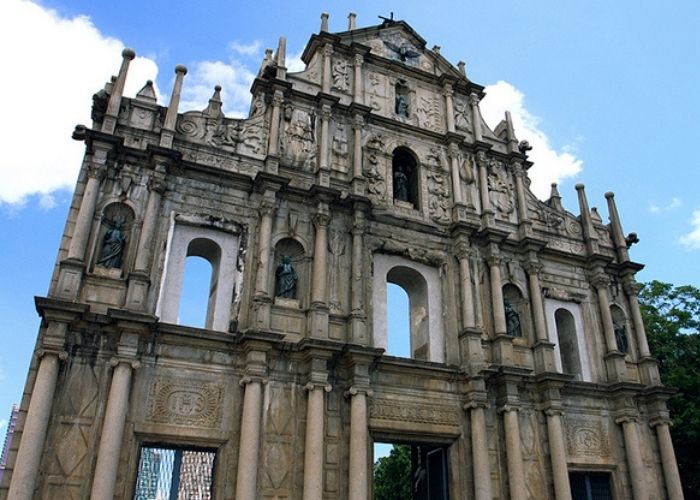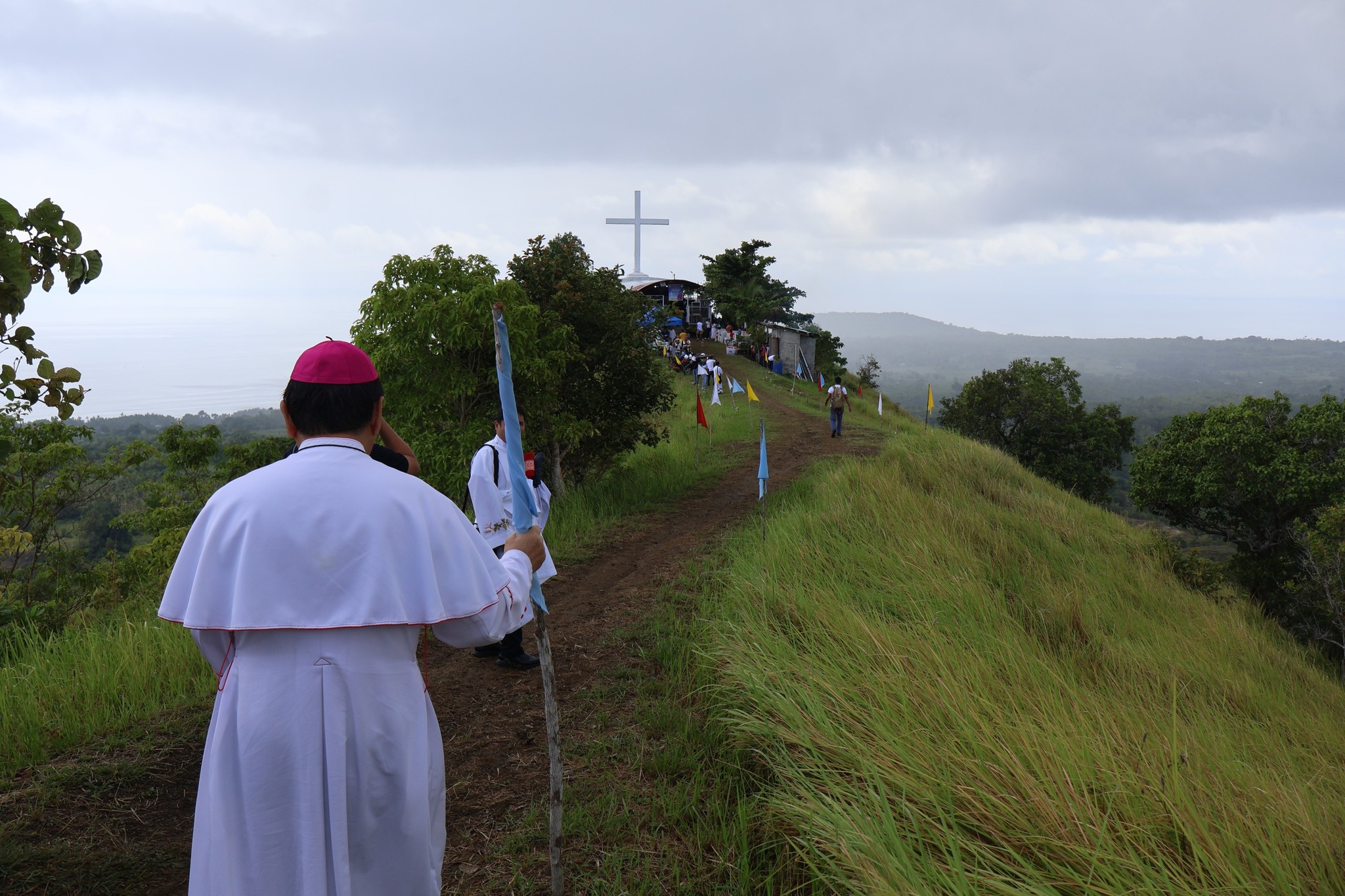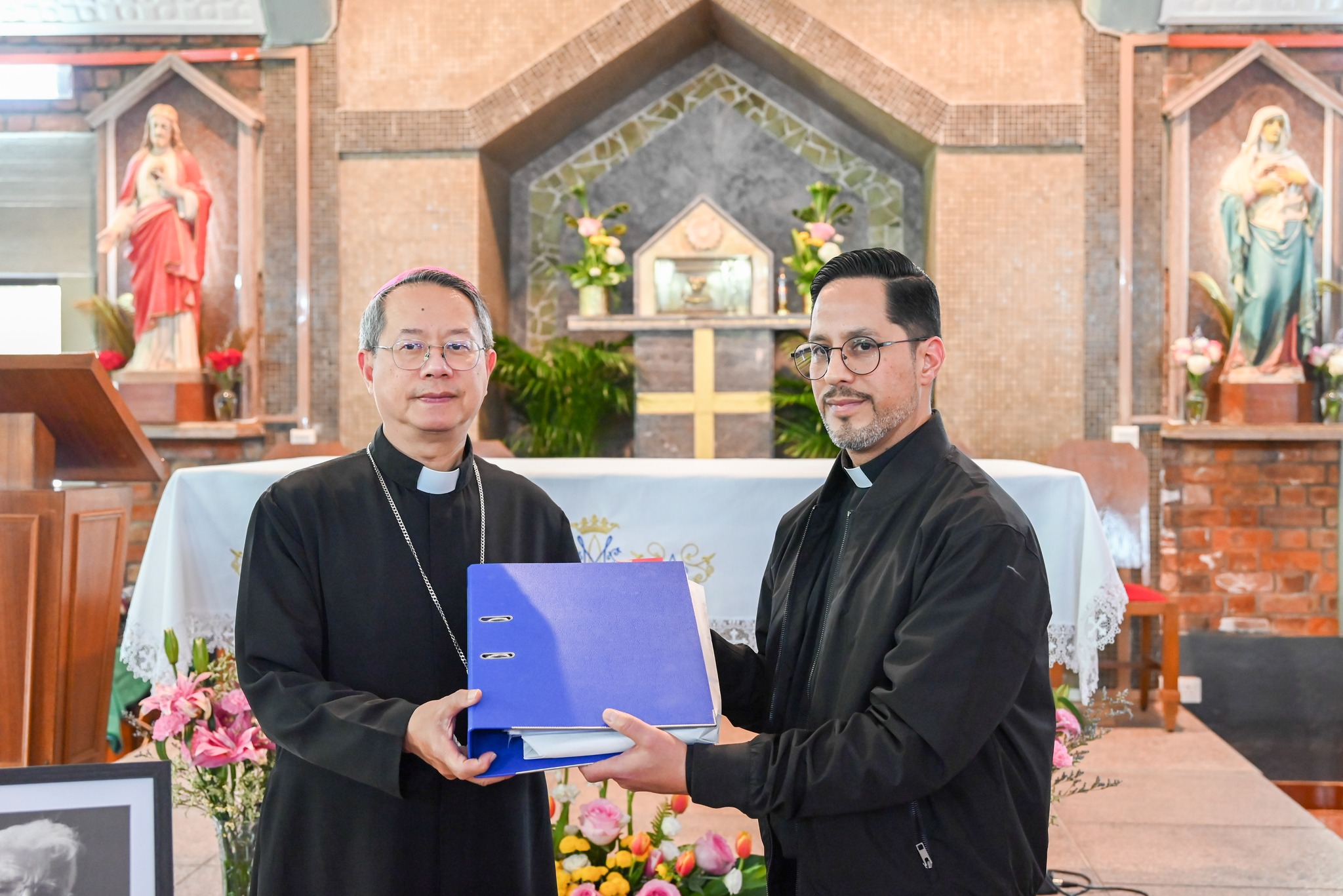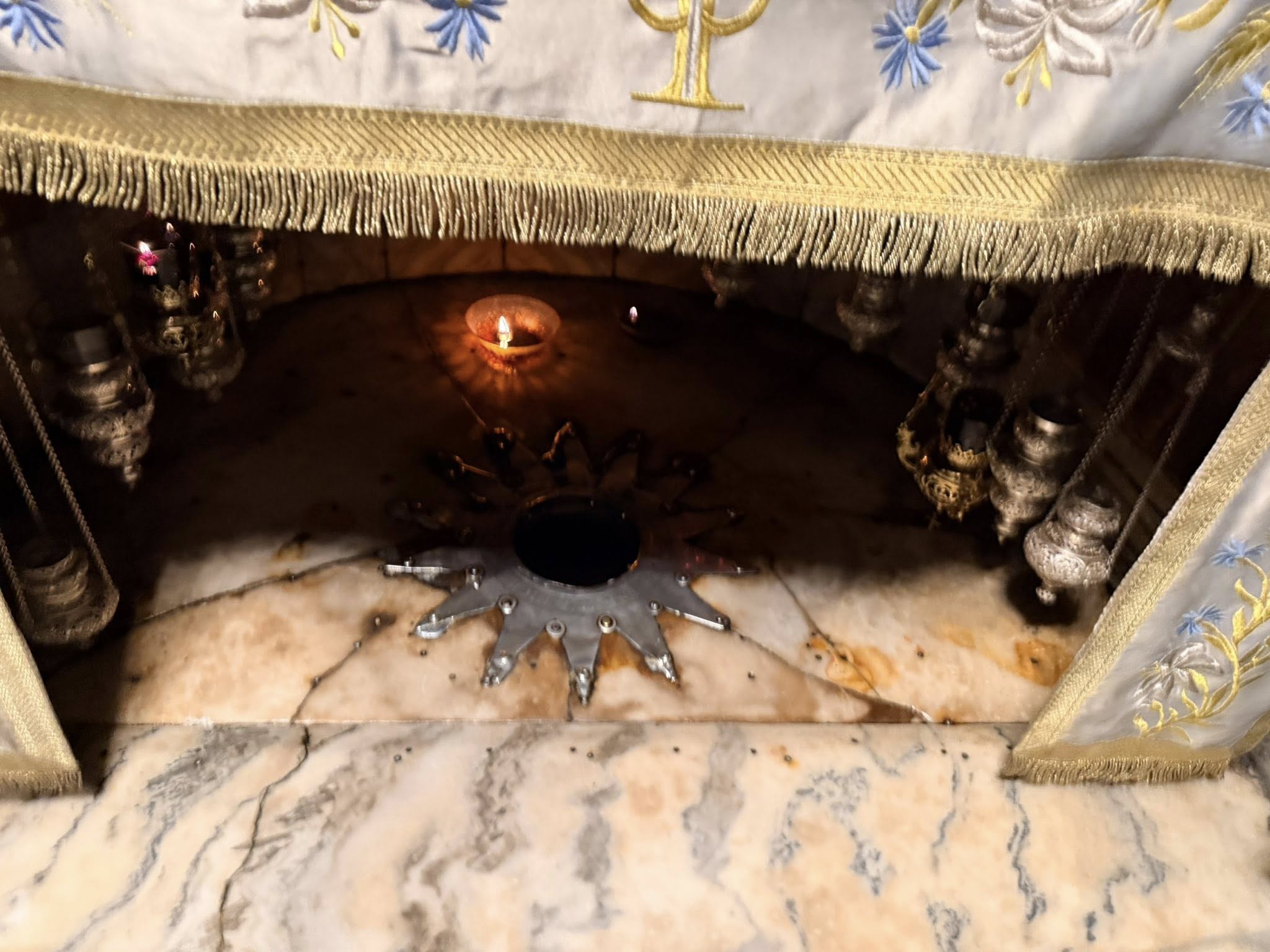Joaquim Magalhães de Castro
The goods transported on the Macanese merchant’s vessels were predominantly gold, ivory and slaves, African or Asian, this fact referenced not only in Goa, Macau and Manila, but also in China and Japan. Most of these slaves came from the Portuguese colonies, “above all Mozambique, a port of annual and regular route of the India route.”
Researcher Lúcio de Sousa explains the matter: “As for the other slaves, especially those of Asian origin, although the documents are silent on this matter,” they would be obtained mainly through inland incursions and coastal streams, “common practices in waters and coastal areas Southeast Asia.”
Captain Landeiro himself, believing in Castilian sources, would be accompanied by a personal army composed of slaves, “some of whom are possibly Africans, as they were considered the most apt for war.”
However, after 1585, Bartolomeu Vaz de Landeiro’s star gradually waned and its vast commercial network, so extended, began to show signs of various ruptures, which would culminate in its inevitable crumbling. Add to this factor “the failure of many of his investments and the growing increase in debts.” At a glance, Landeiro ceased to be the main character of Macau’s political and economic life, and shortly afterwards, in a date and circumstances that are unknown, he would die leaving a power vacuum in Macau, as is clearly seen “in the growing complaints and disturbances that occurred in 1588,” as Lúcio de Sousa reminds us, who dedicated to this fascinating character some studies and a complete work entitled Early European presence in China, Japan, Philippines and Southeast Asia, (1555-1590) – The life of Bartolomeu Landeiro.
The historian concludes that, in general, “a large part of the relations between Europe and Asia during the second half of the 16th century occurred through these private traders and their respective informal networks of illegal trade. The so-called ‘sub-negotiation’ was very significant not only for Macau’s traders, but also for the city’s finances.”
Lúcio de Sousa believes that this informal deal during the 16th century “really represented a significant portion of Macau’s annual economy.” However, given that it was considered illegal by the authorities Portuguese companies, “this trade is omitted in most official sources.”


 Follow
Follow


